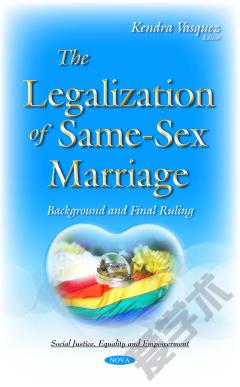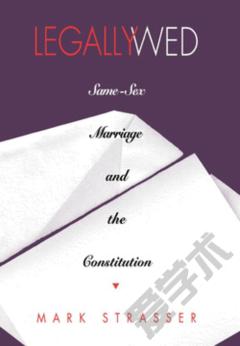The Legalization of Same-Sex Marriage: Background and Final Ruling
The issue of same-sex marriage generates debate on both the federal and state levels. Either legislatively or judicially, same-sex marriage is legal in more than a dozen states. Conversely, many states have statutes and/or constitutional amendments limiting marriage to the union of one man and one woman. These state-level variations raise questions about the validity of such unions outside the contracted jurisdiction and have bearing on the distribution of state and/or federal benefits. As federal agencies grappled with the interplay of the Defense of Marriage Act (DOMA) and the distribution of federal marriage-based benefits, questions arose regarding DOMA’s constitutionality and the appropriate standard (strict, intermediate, or rational basis) of review to apply to the statute. In United States v. Windsor, the U.S. Supreme Court struck down the federal ban on benefits for legally married same-sex couples. However, the Court indicated that it was taking no position on a state’s authority to forbid same-sex marriages. Lower courts have interpreted Windsor broadly and have found such bans to violate equal protection and due process principles. This book provides a legal background after United States v. Windsor. The book provides background on, and analysis of, significant legal issues surrounding the same-sex marriage debate. It provides background on the constitutional principles that are often invoked in attempting to invalidate same-sex marriage bans—namely, equal protection and due process guarantees. It discusses key cases that led to the existing circuit split on the constitutionality of state same-sex marriage bans. Finally, this book explains the central issues in the circuit split and analyzes how the Supreme Court might resolve them on appeal.
{{comment.content}}








 京公网安备 11010802027623号
京公网安备 11010802027623号